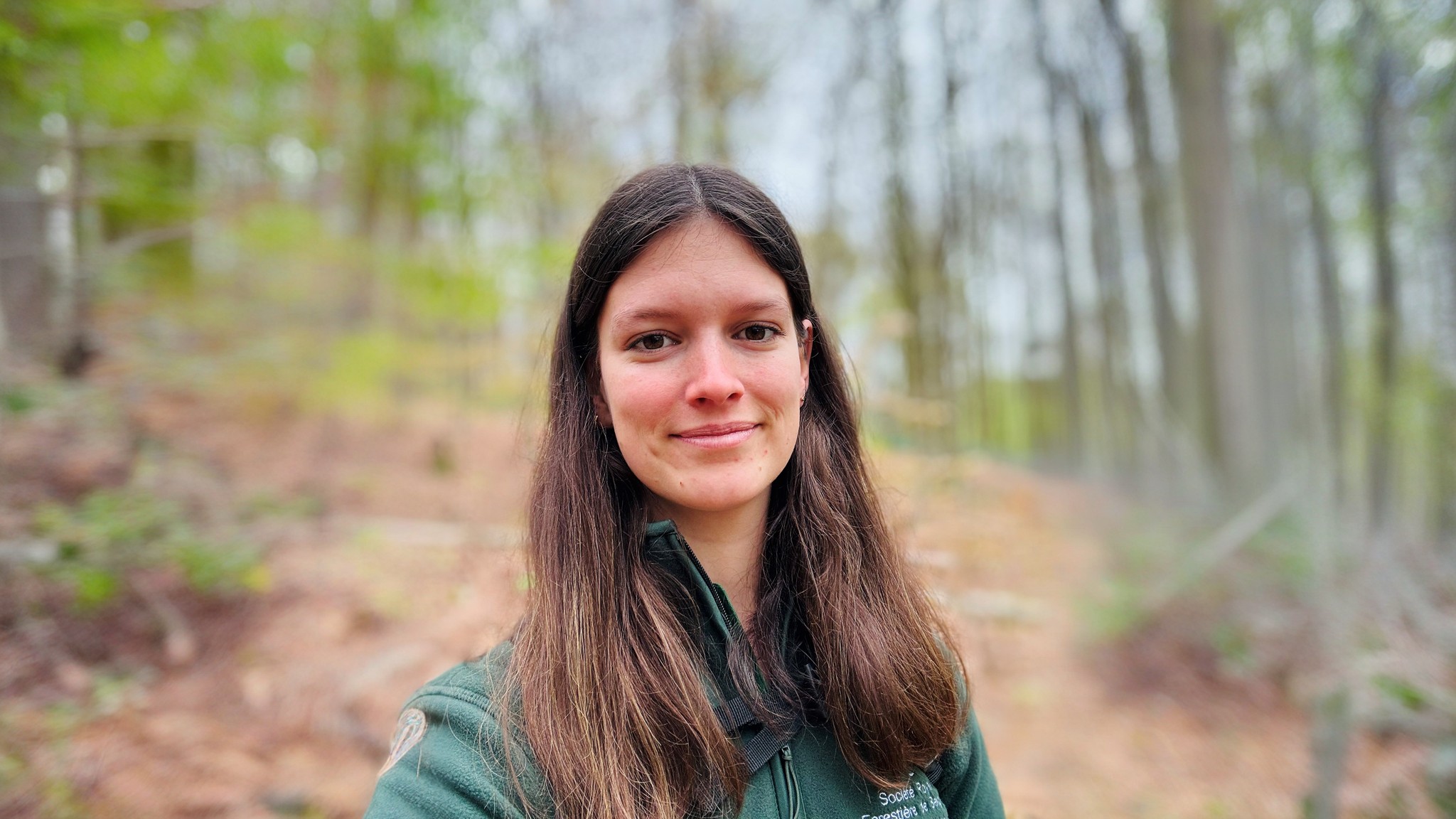W.A.V.E.
W.A.V.E., a project with plenty of wood!
The W.A.V.E. project aims to promote a local timber industry by mobilising all those involved, from producers to users. Its aim is to mobilise local players by encouraging cooperation with a view to creating prototypes using new species that are not currently used in construction.
The Royal Belgian Forest Society plays a central role in this project. In fact, it is responsible for supplying the project partners with raw materials containing promising species, with a view to testing them in the construction industry.
SRFB's W.A.V.E. team is looking for owners of birch, poplar, hornbeam, red oak, cherry, alder, chestnut, locust, cedar and redwood. If you own any of these species with a circumference of at least 90 cm and a minimum log height of 4 m, please contact them:
Relocating wood processing

More than a third of the Grande Région (GR) is covered by forest, which is a major source of timber and home to many of the key players involved in its processing. In the face of climate change, the face of the forest is changing and so is the resource available for processing. How will this resource change? What uses can be made of it? What measures should be put in place to link producers and processors? How can we maintain the development of economic activities in which the conservation of the GR resource is a priority?
Objectives
The W.A.V.E. partners, including RFSB, under the leadership of Filière Bois Wallonie, are committed to promoting a high-performance local wood industry by relocating the value chain and encouraging the use of wood, an environmentally-friendly material with high carbon storage potential.
W.A.V.E. aims to increase the use of local wood, particularly for construction, develop concerted cross-border strategies, facilitate exchanges between players, strengthen collaboration within and between the various sectors, and support businesses through innovation and digital technology.
W.A.V.E.'s ambition is to reconcile the preservation of resources with the transition to an economy based on the local development of the wood industry within the Greater Region, by promoting networking to encourage alliances, encourage companies to relocate and create a space conducive to collective action.
The Greater Region
The Grande Région is a cross-border cooperation area bringing together territories in 4 European countries: Germany (Rhineland-Palatinate and Saarland), Belgium (Wallonia and the Wallonia-Brussels Federation), Luxembourg and France (Lorraine, Meurthe-et-Moselle, Meuse) More info at www.granderegion.net
Activities
Events
Articles
No articles written yet


